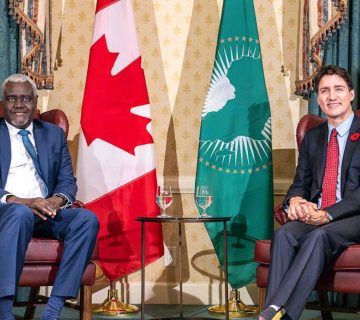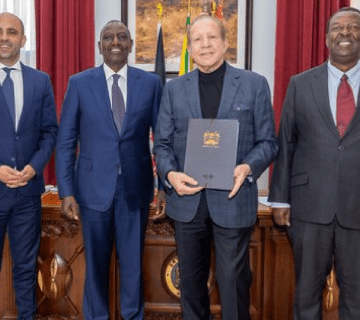The state of affairs in the country is shaped by the ‘unity’ between the ruling party (Jubilee Party) and the opposition (National Super Alliance – NASA). This was brought about by the handshake between President Uhuru Kenyatta and opposition leader, Raila Odinga on March 09, 2018, following divisive general elections in 2017.What is proceeding from this unity is a campaign against corruption, the primacy of the ruling party cementing its legacy, and succession politics ahead of the 2022 general elections and the retirement of President Kenyatta.
The fight against corruption has got ranking state officers lined up for prosecution, a matter that is creating divisions across the political divide, with allegations of political persecution in the guise of the fight against graft, being peddled. The government on its part seeks to invest in housing, food security, manufacturing and healthcare as key pillars of its legacy, and this has seen increased public borrowing and expenditure, and campaign for direct investment. However, succession politics continues to create undercurrents which in part derail the effectiveness of the unity between the ruling party and the opposition in fostering national unity and delivering on government business. The Deputy President (William Ruto), poised to succeed the president in 2022 is now pitted against the opposition leader, Raila Odinga, ahead of 2022 elections, and this creates friction in unity.
The fight against corruption is optically powerful but no meaningful prosecutions have been obtained thus far. Investments in the four sectors, dubbed the Big Four, are slow, undercut by budgetary deficits and have not started paying off. The succession politics have otherwise gained momentum, if not the attention of both the public and the political class, four years to the next elections, and this trend is only bound to intensify.The political class should shelve succession politics and focus on coming together for the common good of the citizens in respect of employment, poverty, cost of living, corruption, tribalism, marginalization, food insecurity, poor housing, public services and the rule of law.



